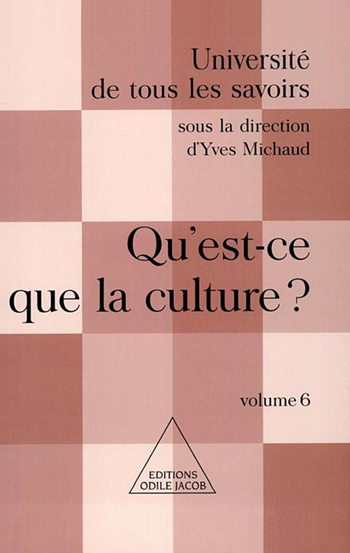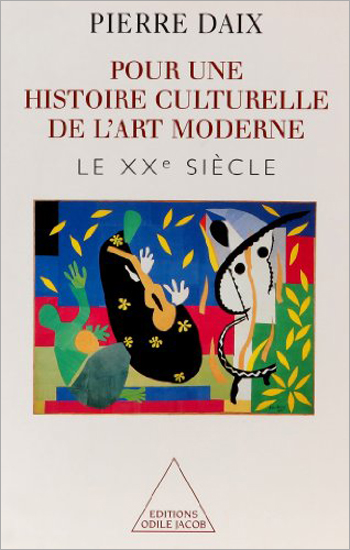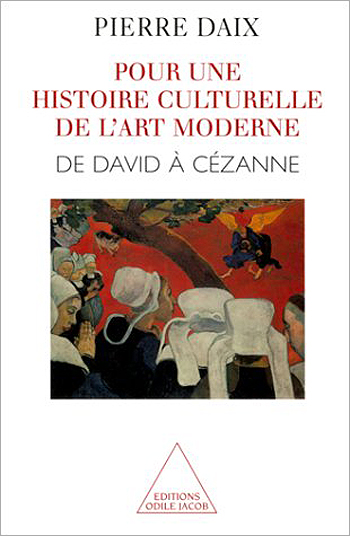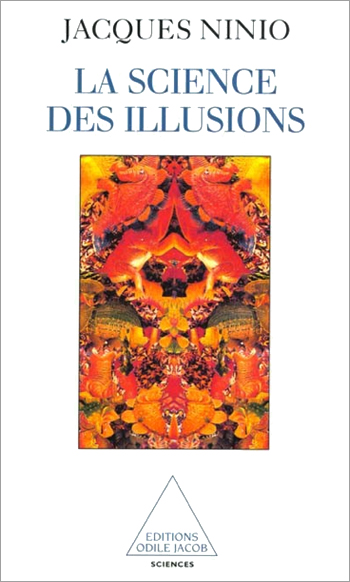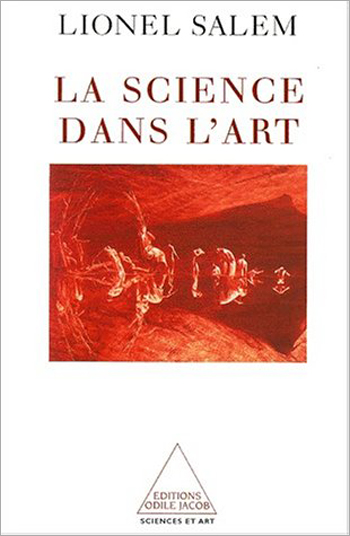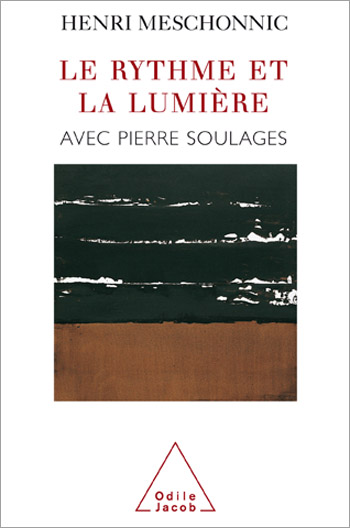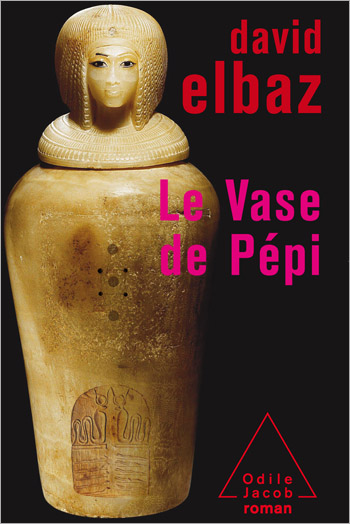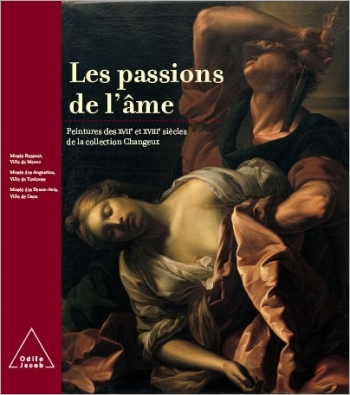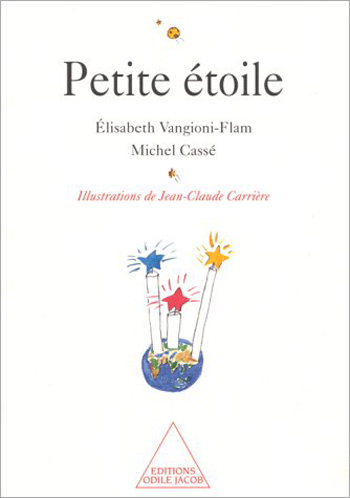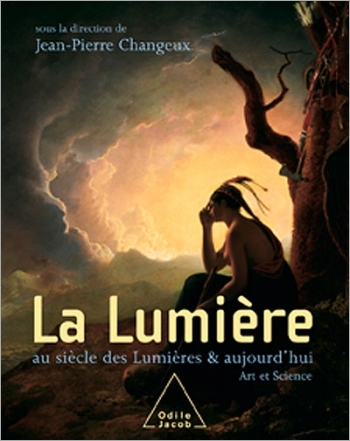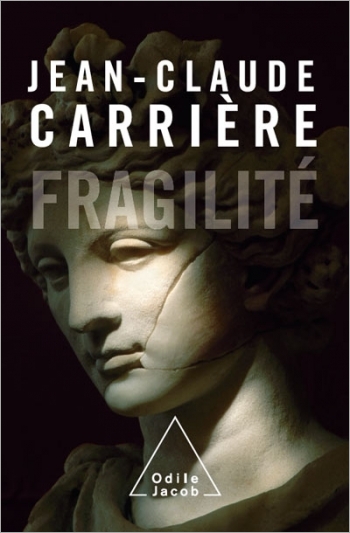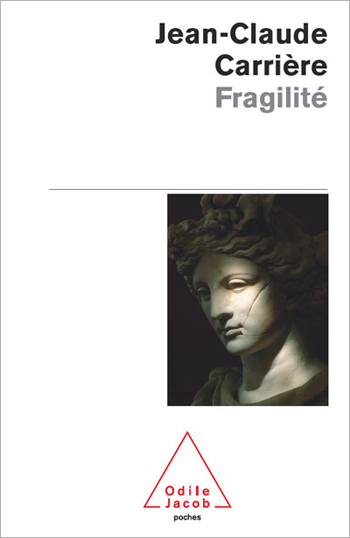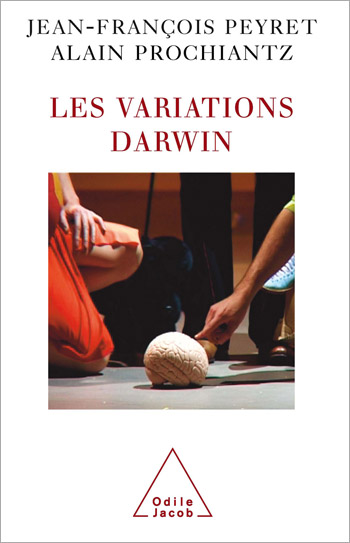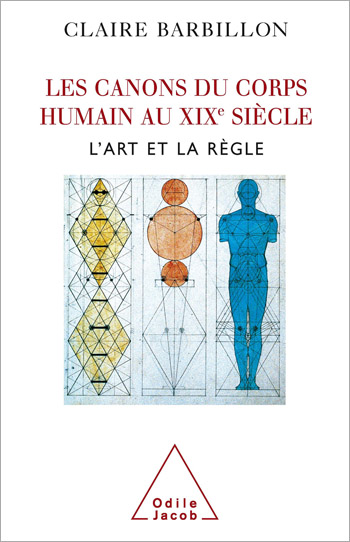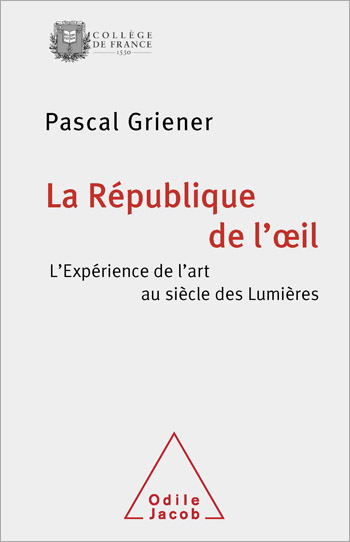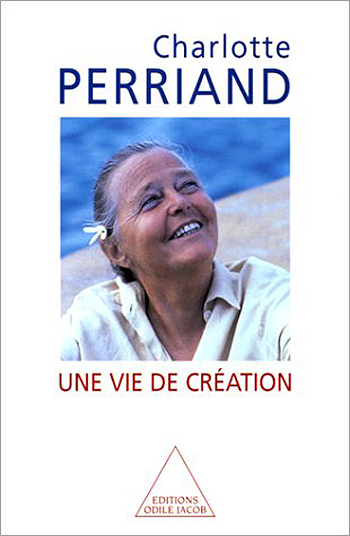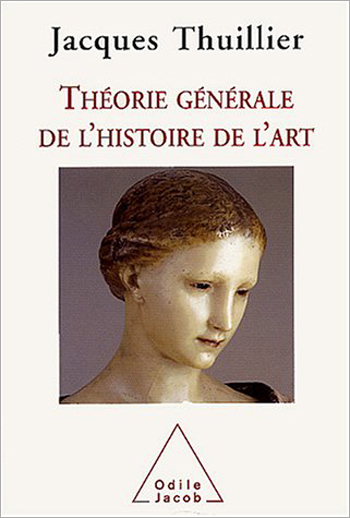Arts All books
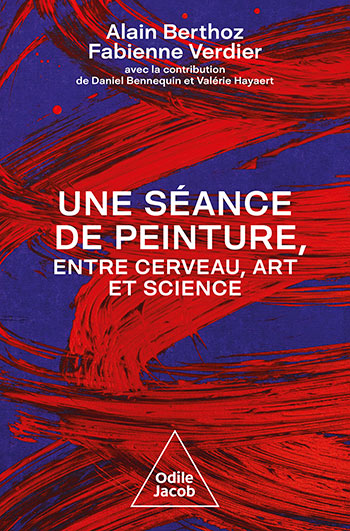
Alain Berthoz, Fabienne Verdier
Thought in Action A Painting Session Between Art and Science
An original discussion around the artistic process, combining philosophy and history of art, brain physiology and mathematics.
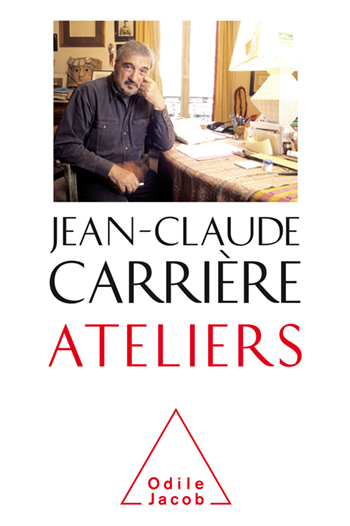
Jean-Claude Carrière
Studios
The heretofore unknown reflections of Jean-Claude Carrière on theater, film, directing, and culture. A sincere account of the difficulties of creation. Numerous encounters with essential figures in theater and film from the past 60 years.
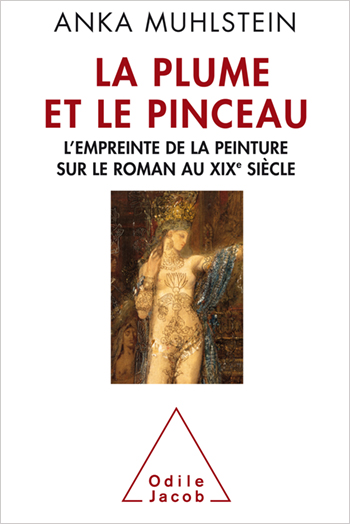
Anka Muhlstein
Pens and Brushes The influence of art on the 19th-century novel
A meticulous account which goes back to the source of the great classical authors' fascination for painting.
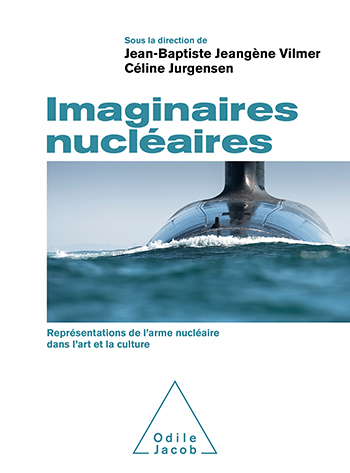
Jean-Baptiste Jeangène Vilmer, Céline Jurgensen
Nuclear Imaginaries
A cross-sectional approach: from the curious to the specialist, all audiences will find food for thought here. From fiction (cartoons, cinema…) to the military perspective, and including literary references, a great variety of subjects are broached.
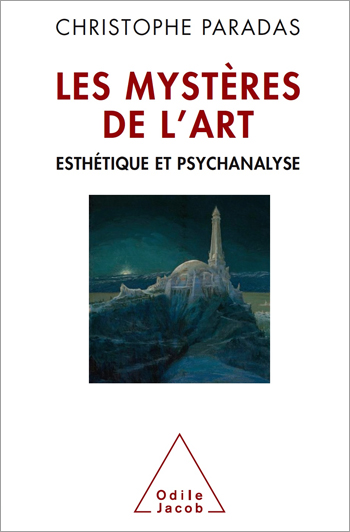
Christophe Paradas
The Mysteries of creativity Psychoanalysis and aesthetic
A reflection on the mystery of creativity and on why art can be so disturbing
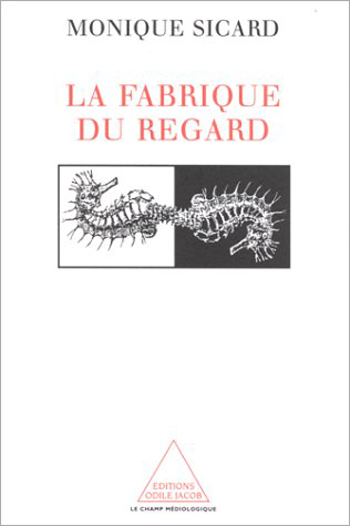
Monique Sicard
The Making of the Image
It was during the Renaissance that images and pictures were first used by anatomists, microscopists, and astronomers as scientific tools. In that era, scientific images served as a kind of inventory of the known world. In the 19th century, the popularization of scientific ideas gave science a new vigor. Photographic images gave science a new reality, explaining and legitimizing scientific concepts--movement, for example--to a fascinated public. In our days, the scientific image is often a construction--helping us to represent objects and ideas that, like fractals or black holes, cannot be defined through actual observation. Monique Sicard is Projects Director at CNRS Images Média.
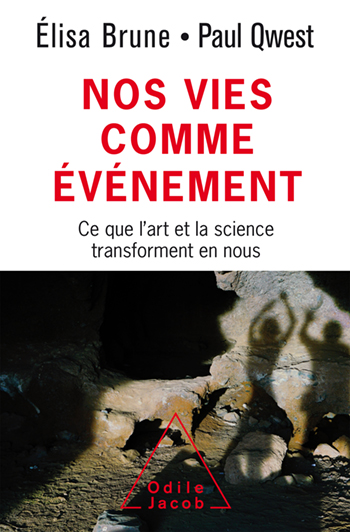
Élisa Brune, Paul Qwest
Life as an Event What Art and Science Expand in Us
In this final book, Élisa Brune and Paul Qwest share a reflection that is as rich as it is stimulating on our relationship with knowledge. A reflection based on 66 strokes of genius in the arts and sciences.
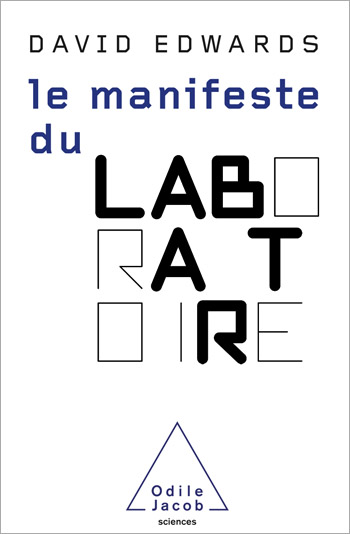
David Edwards
The Laboratoire’s Manifesto
The present work is about a very special kind of laboratory, which he founded and where creators and society can use the language of culture to communicate and to discover a new springboard for innovation.
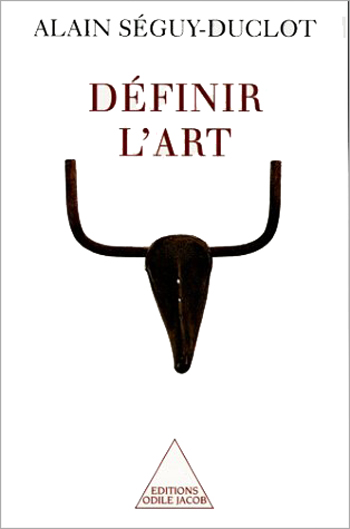
Alain Séguy-Duclot
Defining Art
The general consensus is that art is impossible to define and that the evaluation of works of art is always subjective. Countering these affirmations, Alain Séguy-Duclot shows in this work that art can, in fact, be defined. Duchamp's readymades (industrial objects in series, snow shovels, wine racks, etc) constitute a point of departure for this reflection. He argues that, rather than showing that art was undefinable, the readymades proved that art was definable. It is this that Séguy-Duclot sets out to prove in this incisive and passionate work. Alain Séguy-Duclot is a philosopher, and a professor at the University of Tours.
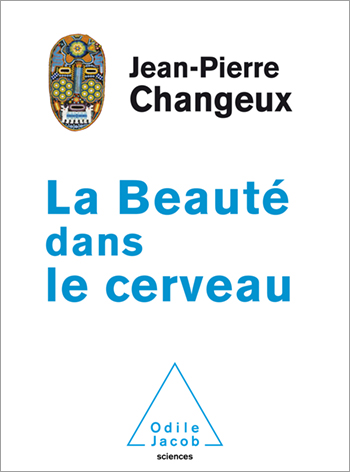
Jean-Pierre Changeux
The Beauty in the Brain
"Jean-Pierre Changeux is one of those rare spirits who both challenge and unify." A text containing ideas that are entirely new. Illustrated with many original case studies from the arts and sciences.
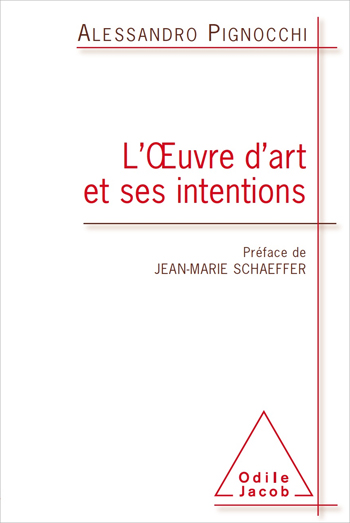
Alessandro Pignocchi
Art and Intention
The latest scientific research reveals how we perceive and judge works of art
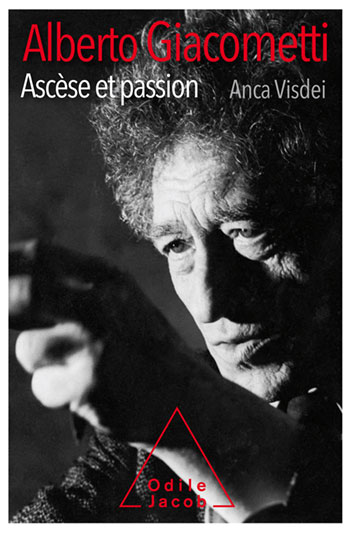
Anca Visdei
A Biography of Alberto Giacometti
A fascinating narrative that recounts the life of a major artist and his relationship with his work and with creation, in which relationships with those close to him, notably with his mother, played an important role.
Results : 1 to 29 from 29 books

